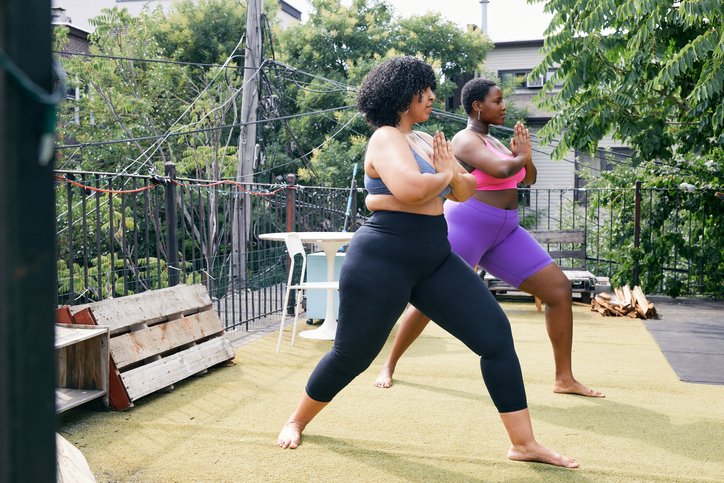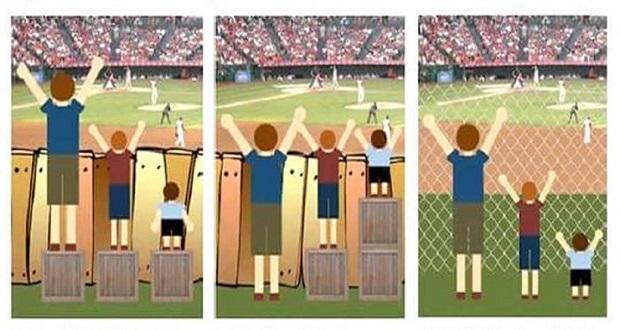
Some time ago, Shelah Marie of Love & Hip Hop Miami sparked a debate on social media when she remarked that her Unruly Retreat would be for Black women only. There were many sides to this argument, but the one that rose to capture the most attention was whether or not it is divisive to have Black-only spaces, and further, whether or not Shelah Marie had the right to “exclude” others.
The buzz around this topic may have simmered on social media, however, the spirit behind it is ever present. Because of what bell hooks describes as “imperialist white supremacist capitalist cis-hetero patriarchy,” there is an inherent belief that Black folx — Black women in particular — are at the bottom of the social order and therefore, our bodies should be subjected to control, surveillance, and abuse. Time and again, Black people are situated simultaneously as hyper-visible and invisible — we are scandalized and marginalized at the same time. To this point, Shelah Marie aimed to provide a space in which Black women could thrive, especially given that we are often not allowed to do so free of the white gaze.
Nevertheless, just as some folx were angry with Shelah Marie for her approach, this white rage, or fear response to Black folx thriving and living their best lives, is common in schools, workplaces, neighborhoods, and daily life. Recently, I’ve had several conversations with colleagues and the like about the need for affinity spaces, employee resource groups, learning communities, and cultural centers that are for people of the global majority only. Referencing Black-only spaces specifically, I described the community, safety, and inclusion these spaces breed. With shock and dismay, some (including Black folx) have indicted Black-only space as divisive and political.
In a world where we are told we don’t belong and confined to spaces that are meant to break us, it is liberating to define spaces just for ourselves. Black-only spaces give us room to exist in ways that are meaningful and transformational.
Black-only spaces are not:
- An attempt to exclude and demean others — but rather a retreat to a shared experience. There is a time and place for all kinds of folx to be in one space, and there should be others in which people with a shared experience, such as with race, gender identity or expression, disability, etc., can just be without explanation or justification.
- A spectacle. These spaces are not for the purpose of others’ entertainment, gawking, or for “learning” at our expense. And, these spaces are definitely not for white rage, or reconciling unmerited fears about Black folx.
- A call for saviorism. Black folx don’t need to be saved from their Blackness. It is white supremacy that subjugates us.
- Meant for commodification or to be usurped. Approaching Black spaces for the purpose of winning votes, expanding the reach in the market, or just to hang out with the “cool kids” is the wrong move, full stop.
If you want to be in solidarity and exercise true allyship, your support for Black-only spaces can look like:
- Waiting to be invited in. And, when the time comes for you to leave, exiting with grace.
- Listening and believing what we say we need — then responding if and when we request it.
- Recognizing when to step back or aside, or out of the room when our safety might be compromised. This requires self-awareness and emotional intelligence, which means . . .
- Doing your work before approaching these spaces! Don’t expect us to explain, prioritize, or comfort you in spite of our own humanity.
The reality is that, sometimes, the best kind of support is not showing up. Gives us space to show up for ourselves.


















